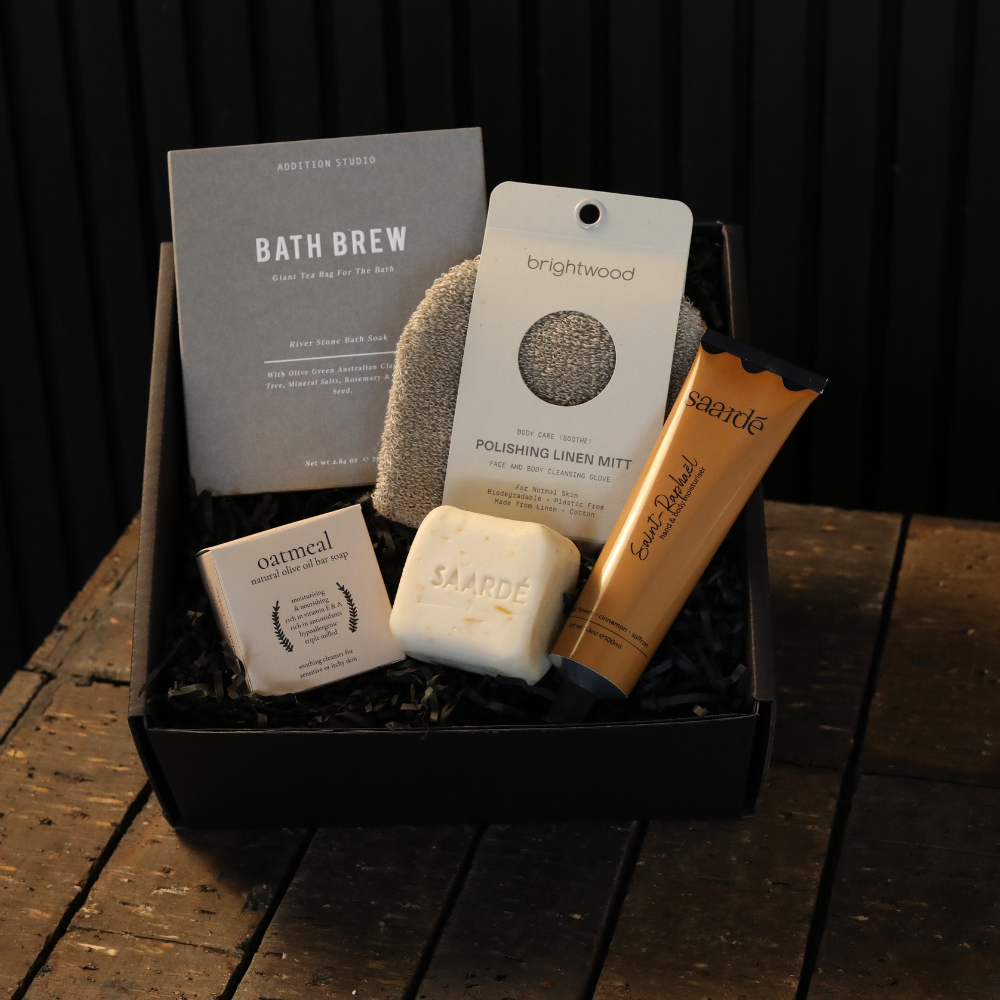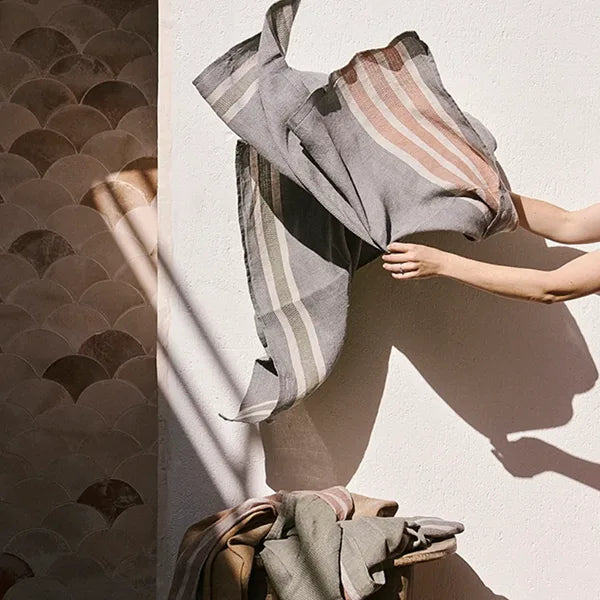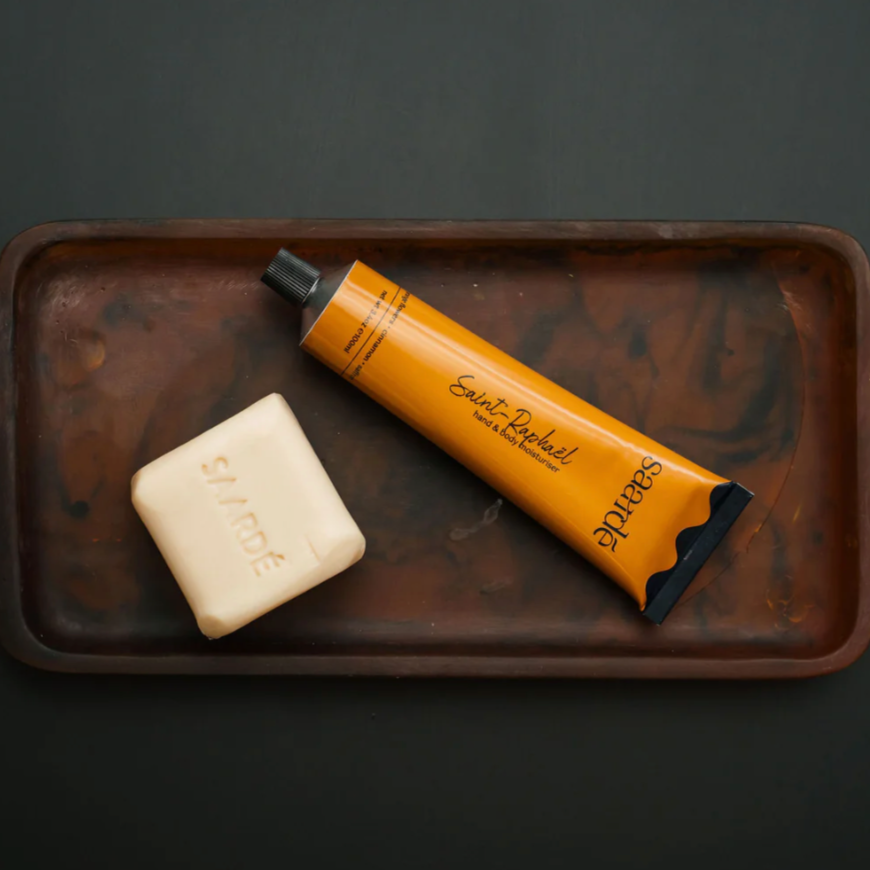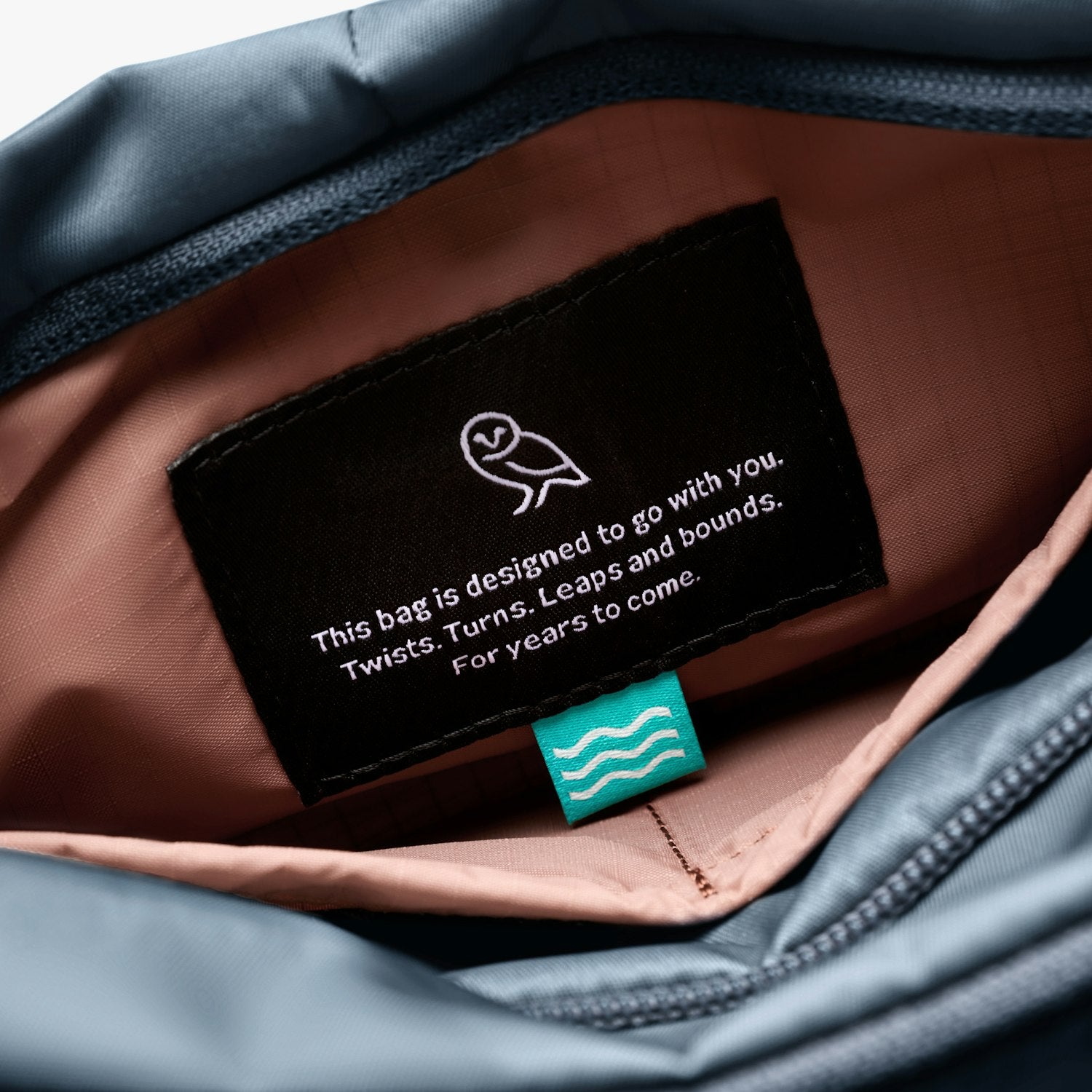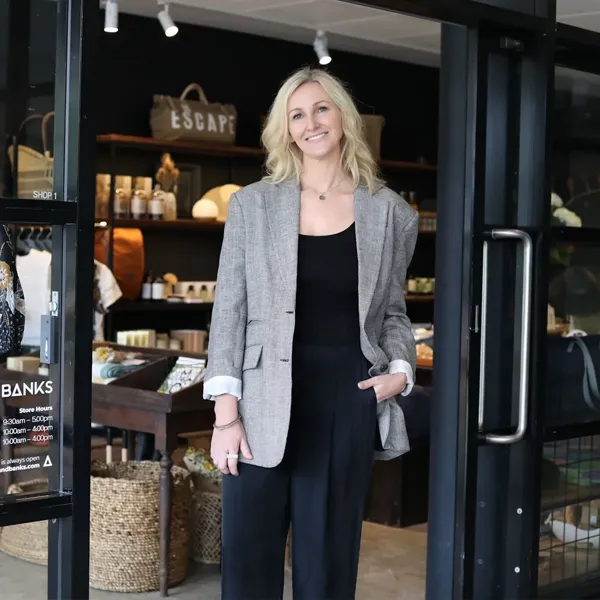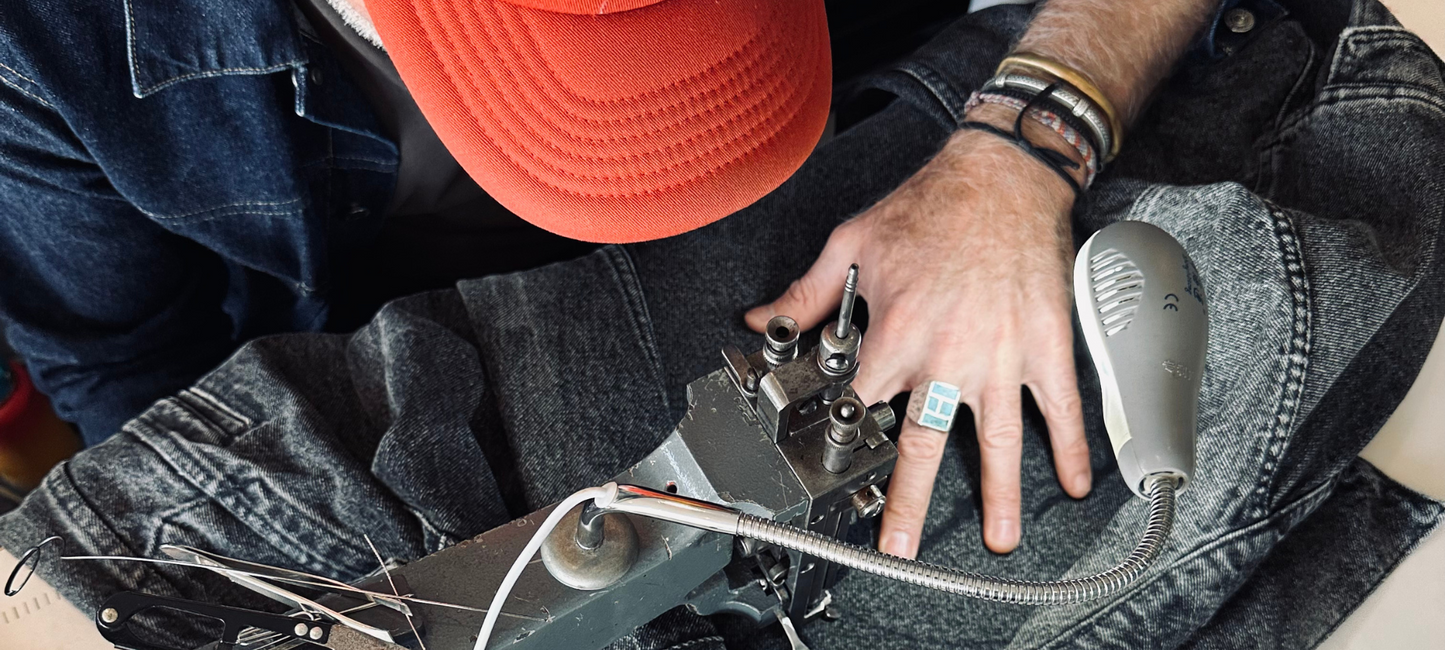The Man Who Makes Sustainable Sunglasses That Exploit Waste
‘It’s not waste until it’s wasted’, says Sebastiaan De Neubourg of W.R.YUMA, flipping the careless consumer equation to turn the most unlikely materials into sustainable sunglasses.

Car dashboards, plastic bottles, the insides of refrigerators — the mountain of post-consumer waste is growing, and there’s nothing we can do about it. Right? Wrong.
Sebastiaan De Neubourg is on a mission to change the way that people view waste. And the way he’s doing it happens to be through damn cool sunglasses that are completely 3D printed (which creates no waste — awesome), from piles of post-consumer waste (double whammy awesome).
The W.R.Yuma story starts when Sebastiaan was a mechanical engineering student at university. He knew then that, “Sustainability was probably the biggest, most important issue that the global community was going to face. I figured that CO2 emissions and plastic waste would affect biodiversity — and my interest in circular economies was born.”

Circular economies — where resources or physical materials are used, recycled, and used again in an infinite loop of energy — became his specialty, and he ended up working as a consultant. But after five years he realised, “I was kind of fed up with just talking about it. Also, I'm a mechanical engineer, so I really missed making something.”
On his day off, Sebastiaan started to toy with the idea of using plastic waste as a material for 3D printing. The decision to make sunglasses was a practical one — rockstar and relatable at the same time, they are small enough to produce and light enough to ship.
Three months into designing, Sebastiaan quit his job, bought a 3D printer (which he had no experience in using) and set it up on the kitchen table. It was as close to jumping in at the deep end as you can get, but at the time he thought, “I have to make myself uncomfortable, otherwise it's not happening”. After another year and a half of prototyping and experimentation, Sebastiaan was ready to go public in September 2017. While most people might think that quitting your job is scary, Sebastiaan recalls launching the Kickstarter campaign as the most intimidating part of the process. “They ask you like three times, ‘Are you sure? Are you ready to launch?’ It's like putting your baby in front of the whole world. And you're hoping that it works.”

It did. Six hours after launching, W.R.Yuma reached its goal of $10,000 and quickly doubled. Sebastiaan used the funds to buy the printers and, after an intense production period, shipped at the end of February 2018, “Just on time and almost on budget. The response that we received from our first customers was very good. It was a huge relief and pleasure to see.”
Now, more designs are being developed - like the popular Rebel No. 5 - and Sebastiaan is exploring social enterprise models for production, as well as other kinds of waste material, like laptops and phones. He is also working with the city of Antwerp to secure more sources of waste — of course, there are plenty to choose from.
The final piece of the puzzle is to close the loop. W.R.Yuma frames are made for disassembly so they can be easily recycled; however, it needs to be easier for customers to send back and swap their frames. This will make it a truly circular economy, and the consumer more like a custodian. Unlike traditional linear models, which follow a ‘make, use, dispose of’ journey, the W.R.Yuma circular model is a partnership. “We R Yuma stands for We as the company, but also you the customer,” Sebastiaan explains. “Because as the customer you have a responsibility to make sure that the product you hold is recycled in one way or another. So you're more of a partner, which is something that I think is very important — this collaborative element of the consumer and supplier and designer.”
“Sustainability is a mindset, not just a technical problem,”
It was also important to Sebastiaan that the product carries a message. As he bluntly puts it, “We're not gonna save the world with the sunglasses. But at least I want to show that we can use all kinds of materials, and can see the most unlikely sources as a resource — rather than as waste.
“Sustainability is a mindset, not just a technical problem,” he continues, pointing out that “Plastic is quite an amazing substance. The problem is the way that we've designed our economy around it. It has to do with how it's perceived, how we use it, and how our values go with that.”
His sustainability mindset extends to economics too. “Profit is not a luxury, it's something you actually need in your business,” Sebastiaan remarks. “To keep on developing, working and improving, you need profits — that’s something that has to grow, of course.”

W.R.Yuma is still officially a one-man show, although Sebastiaan has been overwhelmed by, and grateful for, the support of friends, collaborators, interns and customers. Running the whole business from design to production, logistics and marketing means “Prioritising, learning to say no and… working really long hours,” he laughs. But it’s worth it. WR Yuma sunglasses are so much more than a style statement — “They allow the customer to literally and figuratively speaking have another look at the world. And another look at waste.”
*Sebastiaan is currently looking for slow fashion/ecological online distribution partners around the world, to help WR Yuma close the loop of their circular economic model. If you can help, get in touch!
Images by: MORREC
← Older post Newer post →


